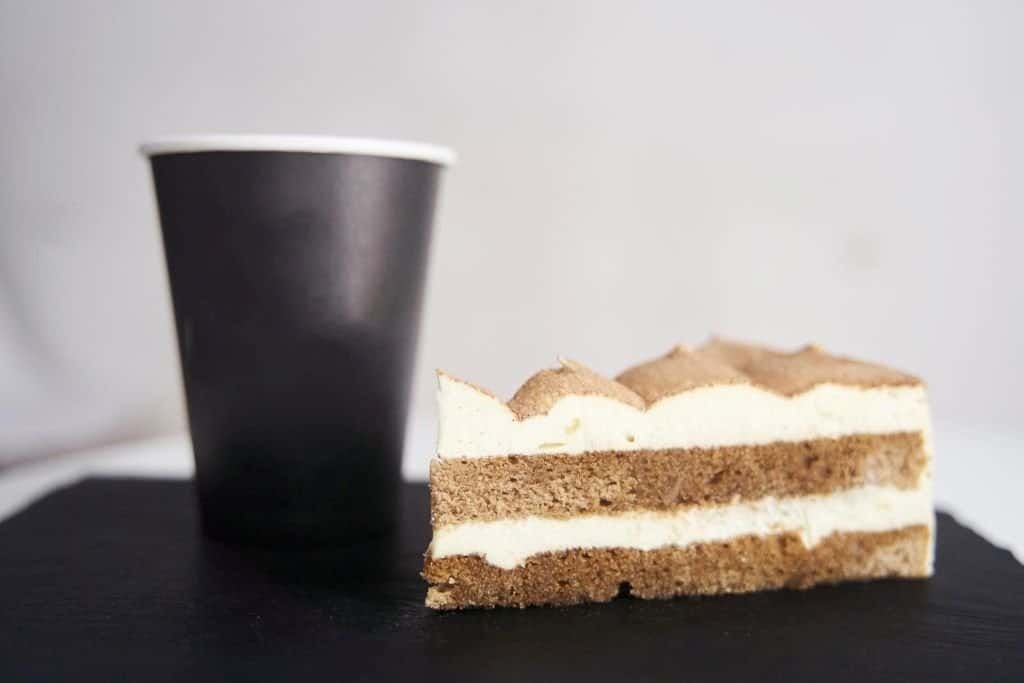For many of us, coffee is a daily essential that provides us with energy and focus that we need to get us through our busy days. While coffee is beloved for its rich flavors and aromas, many of us also rely on it for its high caffeine content. However, what happens to this caffeine in our coffee over time? Does it lose its strength, or remain the same?
Scientific research has shown that, in short, coffee does lose caffeine over time. However, the extent to which caffeine content decreases depends on a variety of factors, including the type of coffee, how it’s stored, and how long it has been left sitting.
We don’t want you missing out on your daily caffeine hit! Therefore, in this article, we will explore the science behind caffeine degradation in coffee and provide tips on how to keep your coffee as fresh and caffeinated as possible.
What causes coffee to lose its caffeine?

The core reason for caffeine loss in coffee is oxidation. We know what your thinking – what on earth is oxidation? Well, it’s actually quite simple… Oxidation occurs when coffee is exposed to air; the oxygen in the air then reacts with the compounds in the coffee and degrades it over time.
As coffee oxidizes, the caffeine molecules start to break down, reducing the coffee’s overall caffeine content. This means that the longer coffee is exposed to air, the more caffeine it loses.
Another factor that may lead to caffeine loss is temperature. High temperatures can cause caffeine to evaporate, which is why coffee that has been sitting on a hot plate for too long may taste weaker than freshly brewed coffee.
How long does it take for coffee to lose caffeine?
The rate at which coffee loses caffeine varies depending on several factors. Some of the main factors that can influence caffeine loss include:
Type of coffee
Different types of coffee have varying caffeine contents to start with; this impacts how quickly the caffeine will degrade over time.
For example, whole beans will typically last a bit longer than already-ground coffee as they’re less exposed to air, light, and moisture. However, the type of coffee you choose also affects your brew’s overall flavor and aroma.
Roast level
Darker roasts tend to have less caffeine than lighter roasts to begin with, so they may lose caffeine at a slower rate.
Storage conditions
Coffee that is stored in a cool and dry place will retain its caffeine content for longer as it is exposed to less air and moisture.
Age of the coffee
Freshly roasted coffee will have more caffeine than coffee that has been sitting on a shelf for months.
Generally, it is difficult to say exactly how long it takes for coffee to lose caffeine due to it being dependent on so many different factors. However, one can assume that coffee which has been sitting around for several weeks or months are likely to have much less caffeine than a cup of joe brewed with freshly ground coffee beans.
How to keep your coffee as fresh and caffeinated as possible.
If you love your coffee (like most people who read coffee blogs), then here are a few tips to keep your brew as fresh and highly caffeinated as possible:
Dos
- Store coffee in an airtight container
- Keep coffee away from heat and sunlight
- Use freshly roasted coffee beans
- Grind coffee just before brewing
- Brew coffee using the appropriate temperature and time
- Clean coffee equipment regularly
- Drink coffee within a week of roasting or opening the package.
Don’ts
- Don’t store coffee in the fridge or freezer
- Don’t store coffee in a clear container exposed to light
- Don’t use pre-ground coffee or stale beans
- Don’t grind coffee too far in advance
- Don’t brew coffee with water that’s too hot or too cold
- Don’t let coffee sit for too long before consuming it.
Buy freshly roasted coffee.
Coffee that has just been freshly roasted will have more caffeine in and will also have a more delicious and fresh flavor than coffee that has been sitting on a shelf for weeks. Also, make sure to note the best before dates on the bags, and use them in the correct order.

Store your coffee properly.
Store your coffee in cool and dry places to prevent oxidation and moisture from affecting your coffee. Avoid storing it somewhere with lots of moisture, as this can get into the beans and cause them to deteriorate faster.
Another key factor in keeping your coffee fresh is to store it in an airtight container. Exposure to air can cause the coffee to lose its flavor and aroma more quickly. You can use a canister with a tight-fitting lid or a resealable bag designed for storing coffee to help keep it fresh.
It’s also important to avoid storing your coffee in the refrigerator or freezer. While it may seem like a good idea to extend the shelf life of your coffee, the moisture and odors in these environments can affect the taste and aroma of your coffee.
Instead, try to buy just enough coffee to last you for a few weeks, and store it in a cool, dry, and dark place away from any sources of heat or moisture. This will help ensure that you get the best possible flavor and aroma from your coffee every time you brew a fresh cup.
- Freshness is Everything – Our coffee canisters help maintain the freshness of your coffee beans by keeping air out and free of harmful oxidation with a one-way CO2 valve and silicone rubber seal.
- Date Tracker & Free Scoop – Ensure your coffee is always fresh and not expired. You can set the storage or expiry dates with the date tracker on the lid of your Veken coffee storage canister. We also…
- 304 Stainless Steel – As a coffee lover, you must never compromise on the material and quality of your coffee container. Veken containers are made of thick, high quality stainless steel to create a…
Grind your coffee right before brewing.
To get your coffee’s freshest flavor and maximum caffeine content, grind it right before brewing. This will aid in preventing the coffee from losing flavor and caffeine due to the oxidation that would otherwise continue to occur.
Brew your coffee using the right method.
Different brewing methods can affect the caffeine content of your coffee. For example, espresso tends to have more caffeine than drip coffee. Therefore, if you’re looking for a stronger caffeine kick, consider brewing espresso or using a French press.
Drink your coffee within a reasonable time frame.
Freshly brewed coffee from fresh beans will always have more caffeine than coffee that has been sitting around; it’s, therefore, vital that you drink your coffee within a reasonable time frame to ensure maximum freshness and flavor.
Consider a caffeine supplement.
If you’re now skeptical of the caffeine boost that your coffee will be able to consistently provide, then look for an alternative. Many caffeine supplements out there contain a concentrated caffeine dose, which will help you stay alert and focused throughout the day.
- Focus Where it Counts: Includes one 90-count bottle of ONNIT Alpha BRAIN Nootropic Brain Supplement, IGEN certified to verify label claims about the presence of GMOs for trusted, high-quality brain…
- Brain Health Supplements: ONNIT Alpha BRAIN is a dietary supplement and nootropic that helps support cognitive function—including memory, mental speed, and focus—IGEN Non-GMO Tested for peace of…
- Brain Support Ingredients: Contains a distinct blend with L-Theanine, Vitamin B6, Alpha GPC, and Phosphatidylserine to help your brain operate on all cylinders and support mental clarity
Does reheating coffee lose caffeine?
Reheating coffee does not cause it to lose caffeine, as caffeine is a stable compound that is not affected by the heating process. However, reheating coffee can cause it to lose some of its flavor, aroma, and temperature.
When you reheat coffee, you’re essentially cooking it again, which can cause the coffee to become overcooked and bitter. The heat can also cause the coffee to release some of its volatile compounds, contributing to its aroma and flavor. This can make the coffee taste stale or flat.
If you want to avoid losing the flavor and aroma of your coffee, it’s best to brew a fresh cup each time you want to enjoy it. However, if you must reheat your coffee, be sure to do it gently and avoid overheating it.
You can use a microwave or a stovetop to reheat your coffee, but be sure to do it slowly and stir it frequently to distribute the heat evenly.
Wrapping Things Up
Overall, while coffee does lose its caffeine concentration over time, there are many steps and preventative measures that you can take in order to keep your coffee as fresh and caffeinated as possible.
By buying freshly roasted coffee, storing it properly, grinding it right before brewing, using the right brewing method, and drinking it within a reasonable time frame, you can ensure that you will get the maximum caffeine content and flavor from your beloved cup of coffee.
Are you still inquisitive about all things coffee? If yes, then check out all the other articles and blog posts we have on offer; they cover everything you need to know about our favorite drink – coffee!






